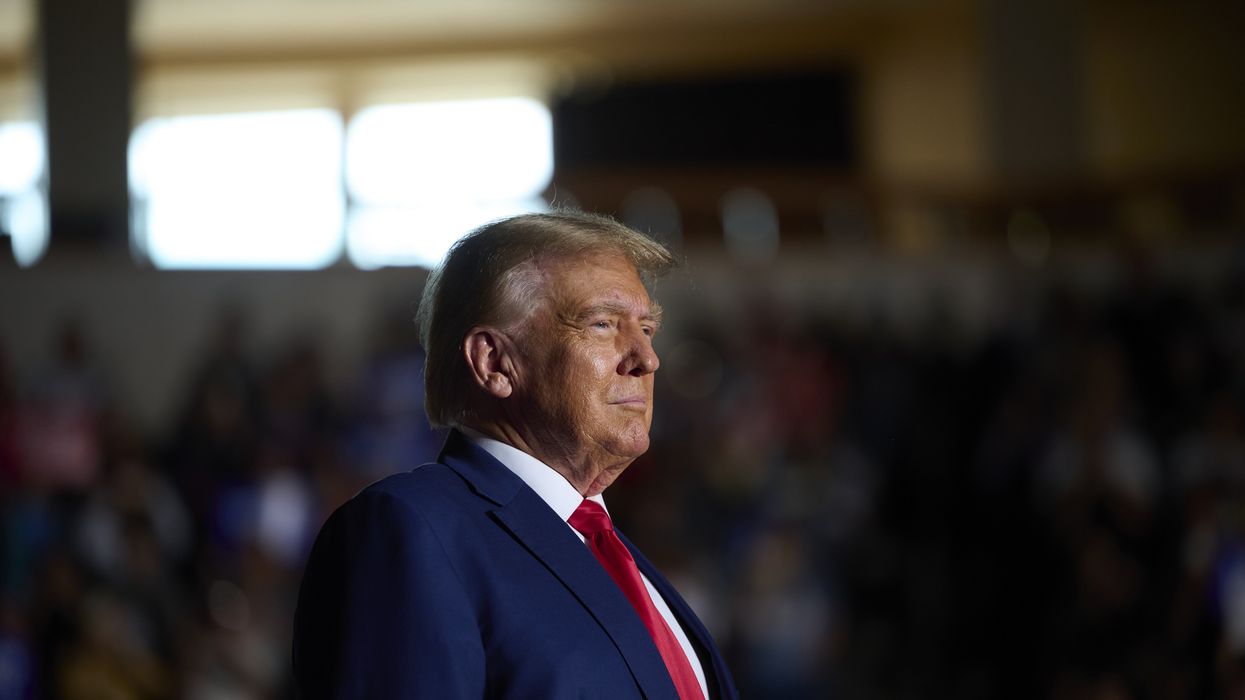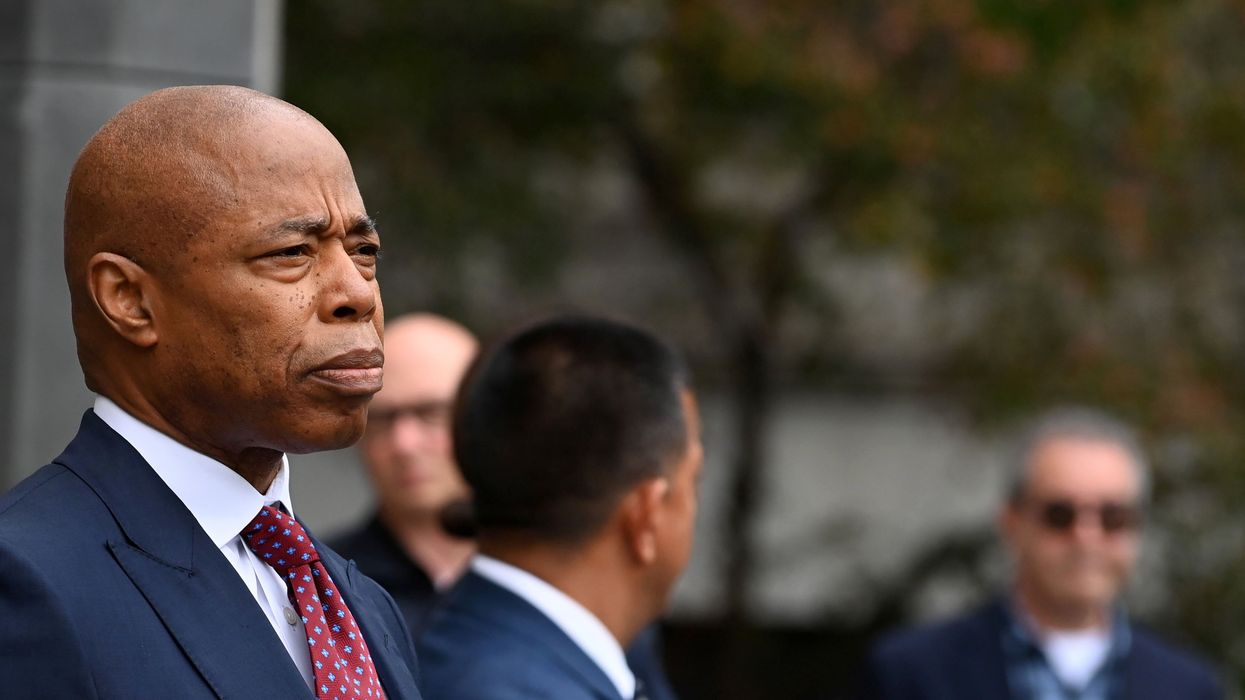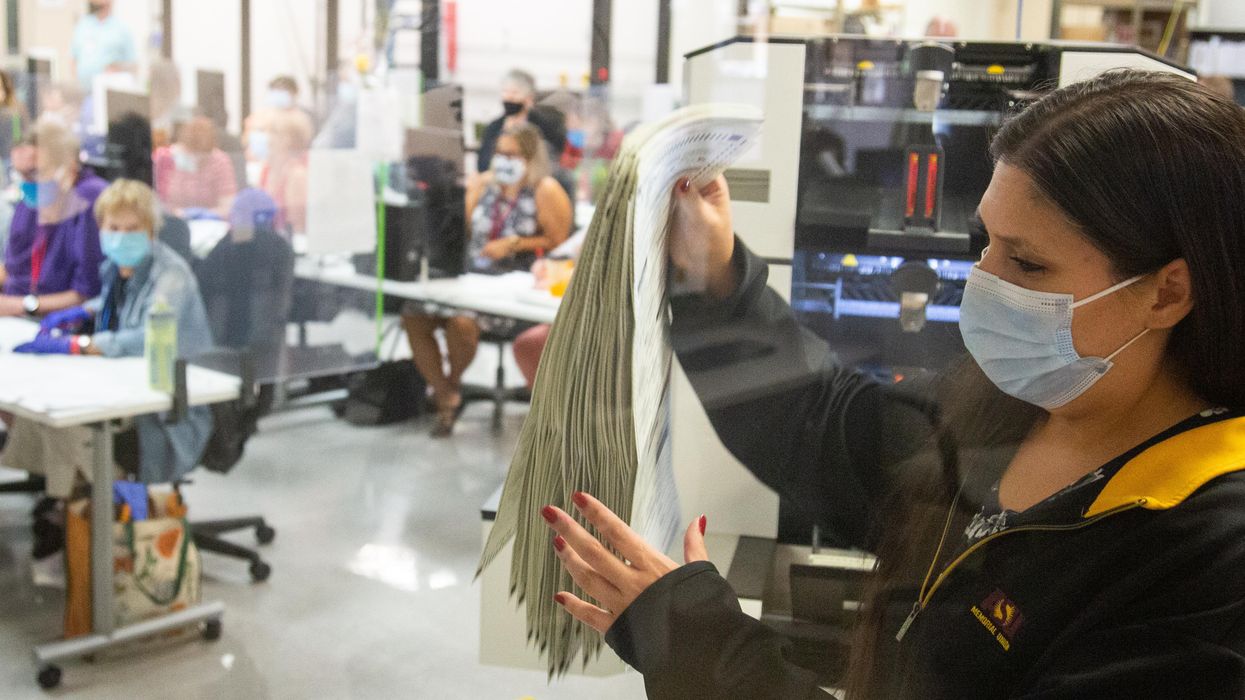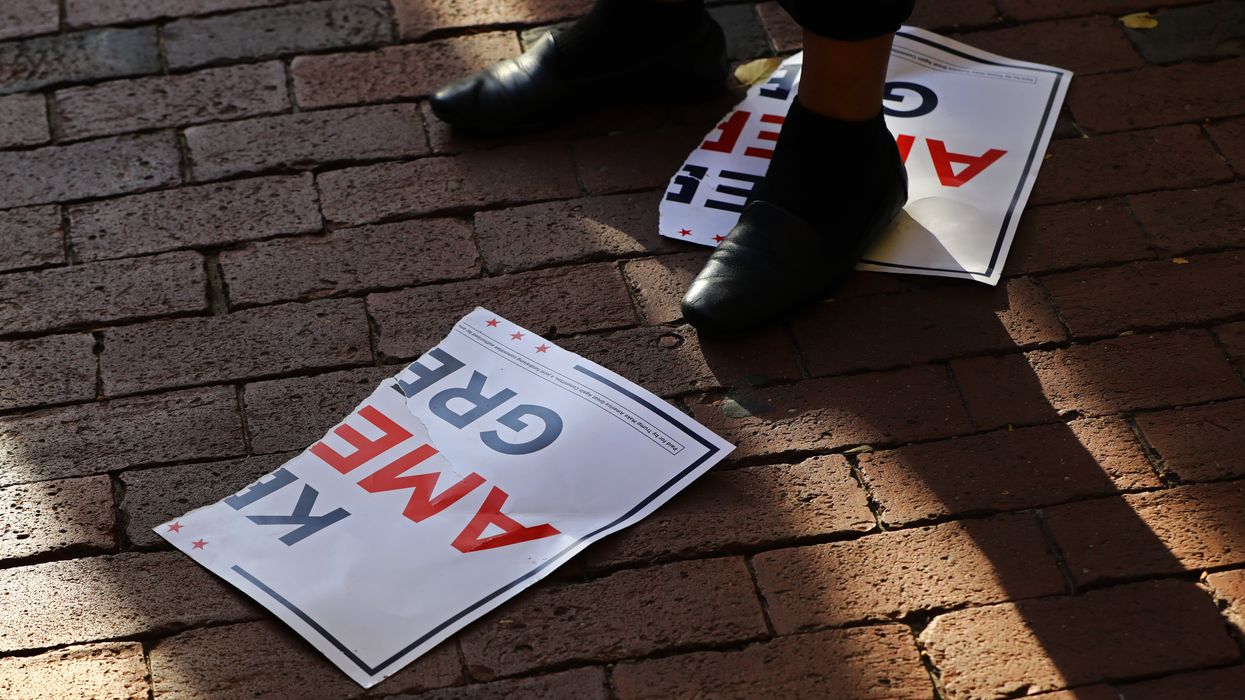Corbin is professor emeritus of marketing at the University of Northern Iowa.
A lot of politicians throughout the world have claimed they are the victims of weaponized, political persecution and a witch hunt when they encounter legal trouble. Among them: former President Bill Clinton, former Missouri Gov. Eric Greitens, Sen. Bob Menendez (D-N.J.), former Alabama Supreme Court Chief Justice Roy Moore, Israeli Prime Minister Benjamin Netanyahu and former President Donald Trump.
Trump has got to be the witch-hunt legal defense king in the world. He claims the New York, Georgia, Florida and District of Columbia court cases – totaling 91 felony charges – are politically motivated and are an American legal system “witch hunt” aimed at restricting his ability to run for president in 2024.
Anyone with a modicum of intelligence would realize the hypocrisy of Trump’s current ploy if they knew he never once declared “witch hunt” in the 62 lawsuits he filed and lost while contesting the 2020 election. Note: Trump-appointed judges were among the 80-plus magistrates who dismissed his election fraud lawsuits.
Let’s not forget it was nine jurors (six men and three women), not the judge, who awarded E. Jean Carroll $5 million because Trump sexually abused and defamed her – a fact-driven, not witch-hunt-motivated, verdict. (A federal judge ruled the ex-president’s comments about Carroll were libelous.) A second trial involving Carroll and Trump is set to start Jan. 15, the day of the Iowa GOP caucus.
The MAGA faithful probably haven’t let it sink in that Judge Arthur Engoron of New York City already ruled that Trump, his sons and the Trump Organization repeatedly committed fraud during the last decade; again, a fact-driven (not political) decision.
Furthermore, Trump never once – to the best of my knowledge – cried wolf or uttered “witch hunt” in the 4,000-plus lawsuits that encompassed his life. Arizona Central-USA Today notes Trump has been the plaintiff 2,121 times and was a defendant on 1,929 occasions. The media’s ongoing analysis of Trump’s legal findings are broken down as follows: 1) 17 political campaign cases; six within the last year, 2) 190 government and tax cases, 3) 85 product branding and trademark cases, 4) 1,863 casino-related cases, 5) 208 class action cases over contract disputes tied to real estate developments, 6) 130 employee-employment cases, 7) 63 golf-club-related cases, 8) 14 media outlet or individual defamation cases, 9) 697 personal injury cases, 10) 622 real estate cases and 11) 206 other miscellaneous cases.
And, let’s remember “Donald Trump has been accused of rape, sexual assault, and sexual harassment, including non-consensual kissing or groping, by at least 25 women since the 1970’s.” Since past actions are the best predictor of future behavior, it’s not surprising Trump has not yet made good on his promise that “all of these liars (females) will be sued after the election (2016) is over.” Again, crying wolf.
Here’s a quick review – thanks to a Dec. 6 Politico report – of Trump’s current criminal cases that appear to be the real deal rather than a witch-hunt:
- In Washington, D.C., four felony counts for his efforts to overturn the 2020 election.
- Thirteen felony counts for election interference in Georgia
- In New York, 34 felony counts in connection with hush money payments to a porn star.
- In Florida, 40 felony counts for hoarding U.S. classified documents and impeding government’s efforts to retrieve them as per law.
Might Trump be crying “witch hunt” and his lawyers purposely throwing as many counter arguments onto the court systems so the cases won’t have a verdict until after the Nov. 5, 2024, election? Of course.
His history of life-long legal issues – starting at age 27 ( accusations of violating the Fair Housing Act of 1968) – should cause any registered Republican, independent or Democrat with an ounce of brain matter to think more than once about whether a man like Trump is fit to lead the greatest country in the world and abide by the Constitution and laws.
The words of Theodore Roosevelt are fitting: “No man is above the law and no man is below it; nor do we ask any man’s permission when we ask him to obey it.”




















